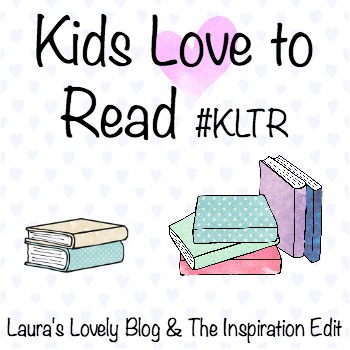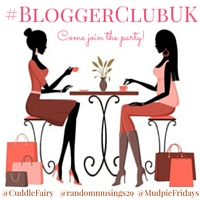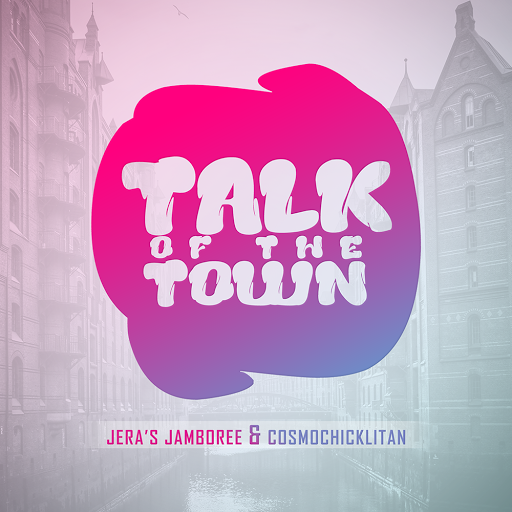 About empathy?
About empathy?
“Empathy: The ability to identify with or understand another’s situation or feelings. The Free Dictionary.”
Empathy is our capacity to put ourselves in someone else’s shoes, to know how they’re feeling and then to use that understanding to guide our actions. And it’s a vital skill every child should learn.
“The brain development of babies has deep implications for society. A human being without a properly developed social brain finds it very difficult to empathise with other human beings. This can pose risks along a spectrum from a lack of emotional resilience leading to depression or general unhappiness, to antisocial behaviour, drug-taking, and criminality, and at the most extreme end to psychotic behaviour.” Andrea Leadsom.
How reading helps.
Humans are hardwired to listen to stories. Our brain loves them. They help us make sense of the world and our experiences. A good story can make us laugh or cry. We put ourselves in the protagonists shoes, feeling their pain or their happiness as if it was our own. We are emotionally transported into the story.
Psychologist Dr. Raymond Mar has shown that children begin to understand that other people have thoughts and feelings that are different from their own between the ages of three and five. Reading stories and talking about the behaviour of characters in books is a non-threatening way to help children sort out the rights and wrongs of their experiences.
[bctt tweet=”Reading is a way of thinking with another person’s mind: it forces you to stretch your own. Charles Schribner Jnr. ” username=”suziewauthor”]And it’s not just speculation. One study by neuroscientist Gregory Berns, showed MRi scans of people had heightened connectivity in the area of the brain associated with receptivity for language after reading a passage of a novel.
“The neural changes that we found associated with physical sensation and movement systems suggest that reading a novel can transport you into the body of the protagonist,” Berns says. “We already knew that good stories can put you in someone else’s shoes in a figurative sense. Now we’re seeing that something may also be happening biologically.”
Disturbingly, watching TV has the opposite effect, with children exposed to lots of television performing worse in theory of mind tests.
[bctt tweet=”Empathy is seeing with the eyes of another … and feeling with the heart of another. Alfred Adler” username=”suziewauthor”]Some books about empathy.
And some books to share with your baby.
Whatever you do, make sure you read with your baby. There is no down-side.
Suzie x
 Babies are born ready to learn and their early brain development is phenomenal. Ninety days after birth their brains have increased by 64% to reach half their adult size. That’s an awful lot of neural connections being formed in a short space of time.
Babies are born ready to learn and their early brain development is phenomenal. Ninety days after birth their brains have increased by 64% to reach half their adult size. That’s an awful lot of neural connections being formed in a short space of time.
There have been many studies showing that babies who are read to regularly by their caregivers have increases in these connections. The increase is particularly notable in the left-hand region of their brain which is the area used in the extraction of meaning from language.
[bctt tweet=”Reading is to the mind, what exercise is to the body. Joseph Addison.” username=”suziewauthor”]
Children whose parents read aloud to them show an increased vocabulary and their understanding of these words is better. Sharing a regular story time is also a predictor of how easily a child may to learn to read.
Studies using mri imagining show that when people read words such as ‘lavender’ or ‘coffee’ it activates areas of the brain concerned with our sense of smell. Other research had participants read the chapter of Harry Potter where Harry learns to fly on the broomstick which resulted in activity in the part of the brain we use to process actions and intentions. All these complicated connections come from listening to a lot of stories.
[bctt tweet=”The more that you read, the more things you will know. The more that you learn, the more places you’ll go. Dr Seuss.” username=”suziewauthor”]
Of course, books tell stories, and humans are born programmed to listen. A scary story will flood the body with the stress hormone cortisol, just as though the threat was real and happening to us in real life. A soothing story promotes oxytocin release, to give you that warm and fuzzy feeling … just what your little one needs at bedtime.
Some books about brain development.
Some great books to read with your baby.
There’s such a lot going on inside your baby when you read him a story and it all adds up to lots of fun. So, open a book and get reading today.
Suzie x
What is bonding?
Bonding: that intense attachment between parent and child. It’s the thing that helps you love that little person even when they wake to be fed every hour through the night, scream their way through bouts of colic and decide 3am would be a great time to get up and play.
And it’s the thing that makes your baby feel safe and loved.
[bctt tweet=”Children are made readers on the laps of their parents. Emilie Buckwald.” username=”suziewauthor”]
Why is bonding important?
 Numerous studies have proven that bonding with at least one primary caregiver is essential to a baby’s development.
Numerous studies have proven that bonding with at least one primary caregiver is essential to a baby’s development.
It helps them:
- feel confident in themselves,
- develop trust in people,
- learn empathy,
- and sets the precedence for their future relationships.
Equally documented are the problems lack of bonding can create.
- increased levels of the stress hormone, cortisol,
- a weakened immune system,
- a tendency to high risk behaviour,
- it’s no surprise over 80% of prison inmates show attachment problems.
[bctt tweet=”We didn’t realise we were making memories, we just knew we were having fun. Author unknown.” username=”suziewauthor”]
How does reading help with bonding?
For some people, bonding is intense from the first moment they see their child, others may take longer but it is also an on-going process that grows and develops every time you interact with your baby.
Here are some of the ways reading helps you bond with your baby.
- Sharing a book in a comfy chair provides opportunity for quality one-on-one time.
- Snuggling with a book provides the closeness all babies need.
- Before words are understood the sound of your voice is soothing.
- Even very young babies interact by moving their arms and legs when being read to.
- Fosters the idea books are a fun thing to inspire future readers.
- Put on silly voices while you read. There’s nothing better having fun together.
- A great winding down activity as part of a bedtime routine.
Some books about bonding.
And some book ideas to share with your baby.
So what are you waiting for? Pick up a book and get bonding.
Suzie x








